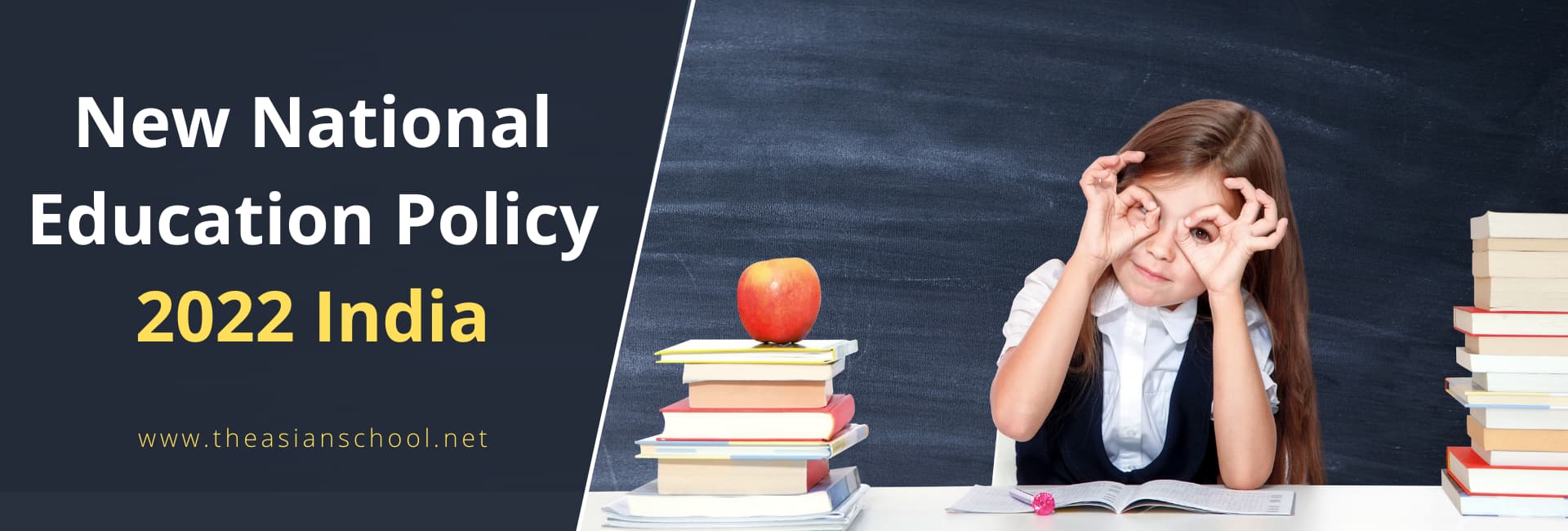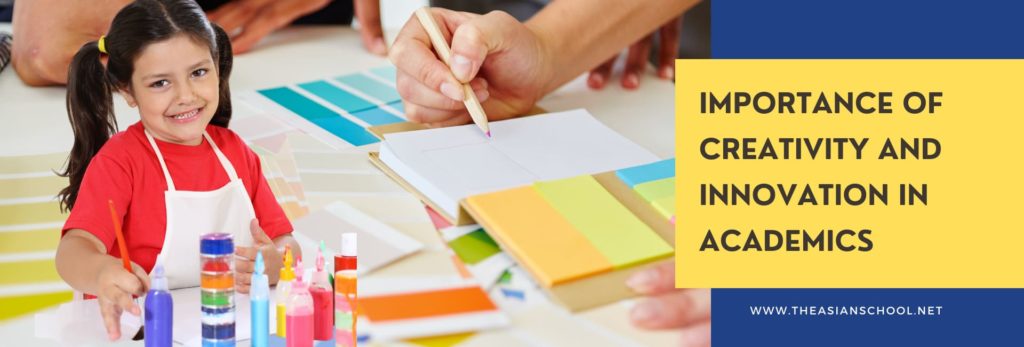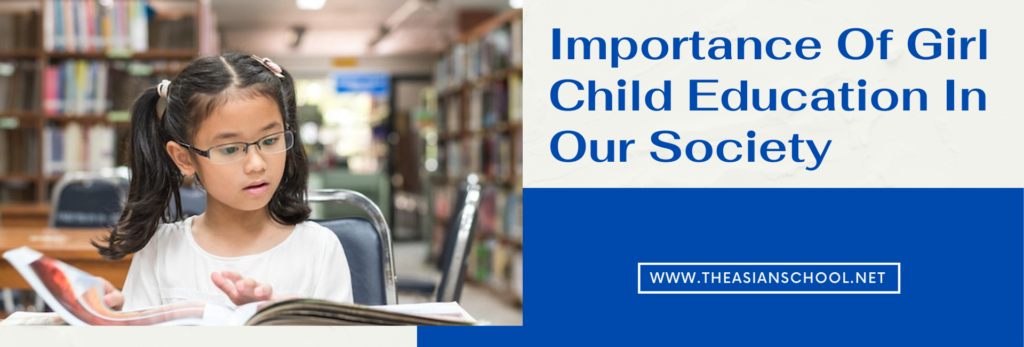A new education policy has been introduced by the minister of human resources management. ISRO Chief Doctor K Kasturirangan supervised this change to improve education. The purpose of this article is to provide you with all the information you need regarding New Education Policy 2022 India, including objectives, characteristics, changes, and all other aspects.
Before the national education policy was launched, India’s education system was only nationalized. Because of this, the learners of India are unable to use their skills on a global scale. As a result, the Indian government revised its old education policy into the National Education Policy.
To bring India’s education system to a global level, this policy has as its main objective. Through a national education policy, this scheme aims to universalize education. A lot of modifications have been made to the old education policy.
• Launching a National Education Policy is aimed at enhancing India’s educational system.
• Children will benefit from the NEP scheme by getting a better education.
What is National Education Policy (NEP)?
The national education policy is India’s new education policy replacing the old one from 1986. As part of the national education policy, primary and vocational education in rural and urban areas are given the highest priority. The goal of introducing the government new education policy is to improve the education system from 2021 onwards. By establishing a national education policy, all Indian students will acquire a top-notch education.
- We will focus on the mother tongues and regional languages preferred by the different states.
- Instead of 10+2, there will be a 5+3+3+4 structure that includes foundational, preparatory, middle, and secondary stages.
- To become a successful teacher, one must have a four-year bachelor’s degree.
Major Reforms In New Education Policy 2022
- For grades 3, 5, and 8, students are required to take a school exam that is conducted by the appropriate authority.
- The 10th and 12th-grade board exams will continue, however, they will be redesigned to promote holistic development.
- PARAKH will establish a new national assessment platform.
- From the sixth grade onward, students will be able to code scientific temper with mathematical thinking.
- Vocational education will begin in 6th grade and include internships as well.
- In latest education policy in India,10+2 will be replaced by 5+3+3+4.
- With the new system, students will spend 12 years in school and 3 years in pre-school/Anganwadi
- This policy emphasizes local language/regional language/mother tongue for the first five grades.
- School and higher education students will have the option of taking Sanskrit at all levels, which will include three language formulas.
- There will also be the option of studying literature from India and other classical languages.
- Students will not be propelled to study any language.
- Students can choose any subject in higher education.
- Entry and exit points for higher education will be multiple and accompanied by appropriate certifications.
- Students can complete UG programs in three or four years, with a range of exit options and certifications, such as a certificate after one year, a diploma after two years, a degree after three years, and a bachelor’s degree with research after four years.
- In the Academic Bank of Credit (ABC), academic credits earned through different HEIs will be stored digitally and transferred to the final degree.
- Curricula for all subjects have been streamlined to its core requirements.
- In order to achieve this, they emphasize critical thinking, discovery, inquiry, discussion, and teaching that utilizes analysis and holistic learning methods.
- Regulations are expected to be light but tight in higher education.
- Focus on e-learning to reduce textbook dependence
- With the new policy, education will receive 6% of GDP, up from 1.7% previously. This will positively affect the education system.
- By 2040, they aimed for all HEIs to be multidisciplinary and each to have at least 3000 students.
- All college affiliations will be phased out over the next 15 years.
- By 2030, every district should have a large multidisciplinary HEI.
- Ensure 100% literacy for youth and adults by 2030.
- For admission to HEIs, the NTA will offer a common entrance exam
Features Of New Education Policy
- A new national education policy has been enacted by the ministry of education.
- It became the ministry of education from the Ministry of Human Resource Management.
- Under the national education policy, education will now be universal, except for medical and law studies.
- The Science, Commerce, and Arts streams have been discontinued.
- They can choose a subject as they wish, for example, they can study accounting and physics or arts
- Students will study coding from the sixth grade onward
- Digital learning will be a part of all boarding schools in India
- There will be a translation of all types of content into regional languages as well as the creation of virtual labs.
- 6% of GDP will be spent on implementing the New Education Policy 2022.
- Students can study Sanskrit and other ancient Indian languages if they wish
- In order to reduce the burden on the student, the board exams will take place twice a year.
- To make learning easier, artificial intelligence software will also be utilized.
- M. Phil’s from higher education will be eliminated.
- Students will learn three languages that will be determined by the state
- The National Council for Education Research and Training will prepare the national curriculum framework
- A number of institutions will be established to carry out the National Education Policy.
- Special attention will be paid to the children’s education and skills.
Vision Of New Education Policy
The NEP 2022 aims for an India-centric education system that contributes to India enduring into a vibrant, equitable, and knowledge-based society by providing world-class education.
Our country’s research and education facilities will be strengthened because of this NEP and students who have spent thousands of dollars studying abroad will be provided with global standards in India.
Also read, Importance of Education in Life














